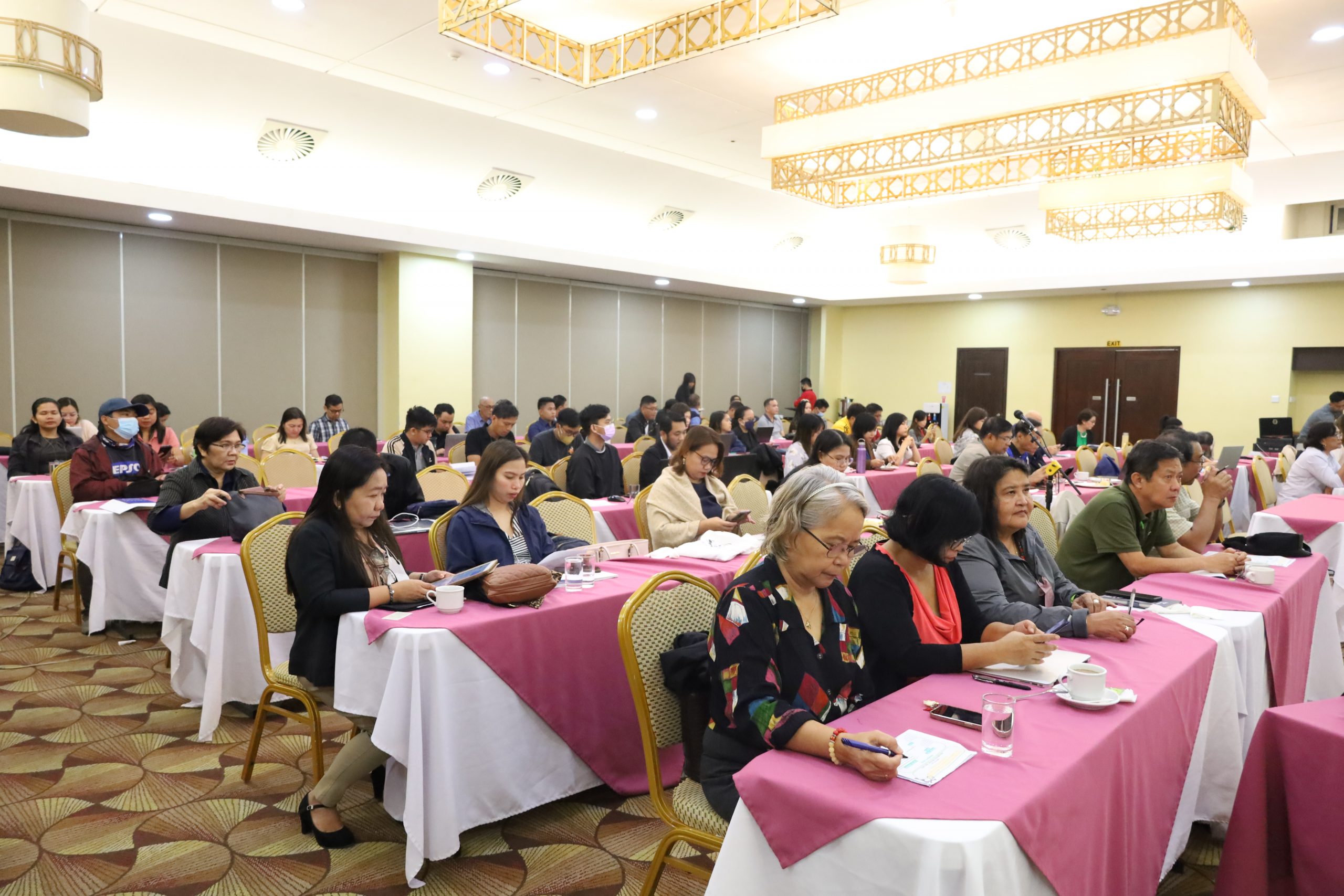
Nearly a decade since the enactment of the Agricultural and Fisheries Mechanization (AFMech) Law, national and local government representatives, together with industry stakeholders, reviewed its implementation during the 2023 National AFMech Summit on March 8-9, 2023 in Tanza, Cavite.
Republic Act 10601, otherwise known as AFMech Law, aims to promote the development and adoption of modern and cost-effective AF machineries to achieve food security and safety as well as increase farmers’ income.
The Philippine Council for Agriculture and Fisheries (PCAF) organized the event to create a collective and harmonized national effort toward achieving the government’s mechanization targets for the next three years.
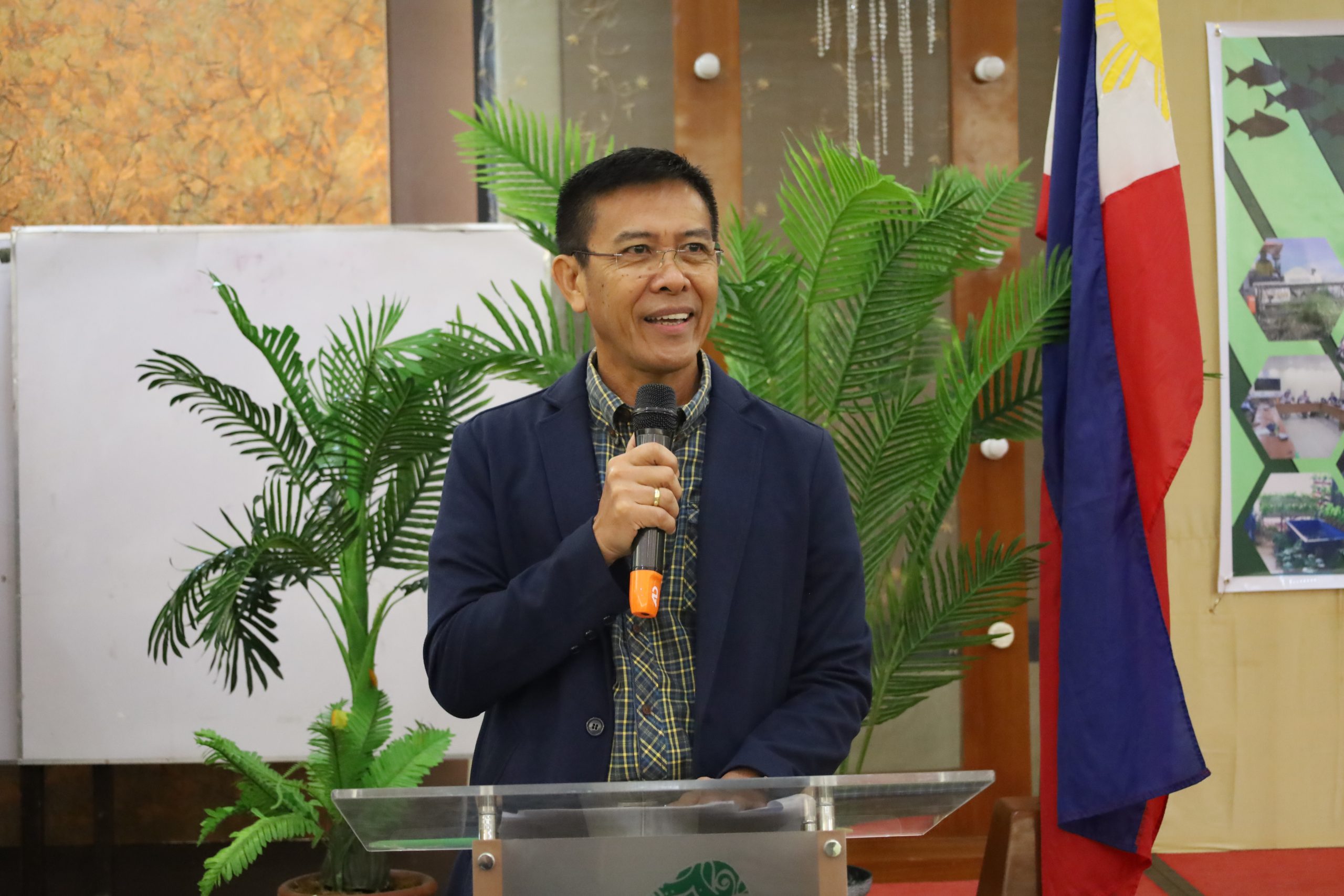
PCAF Executive Director Nestor Domenden led the program’s opening, reminding all participants that “the success of agriculture modernization and farm mechanization lies in our hands.”
During the Summit, concerned government agencies provided updates on their respective implementation of RA 10601.
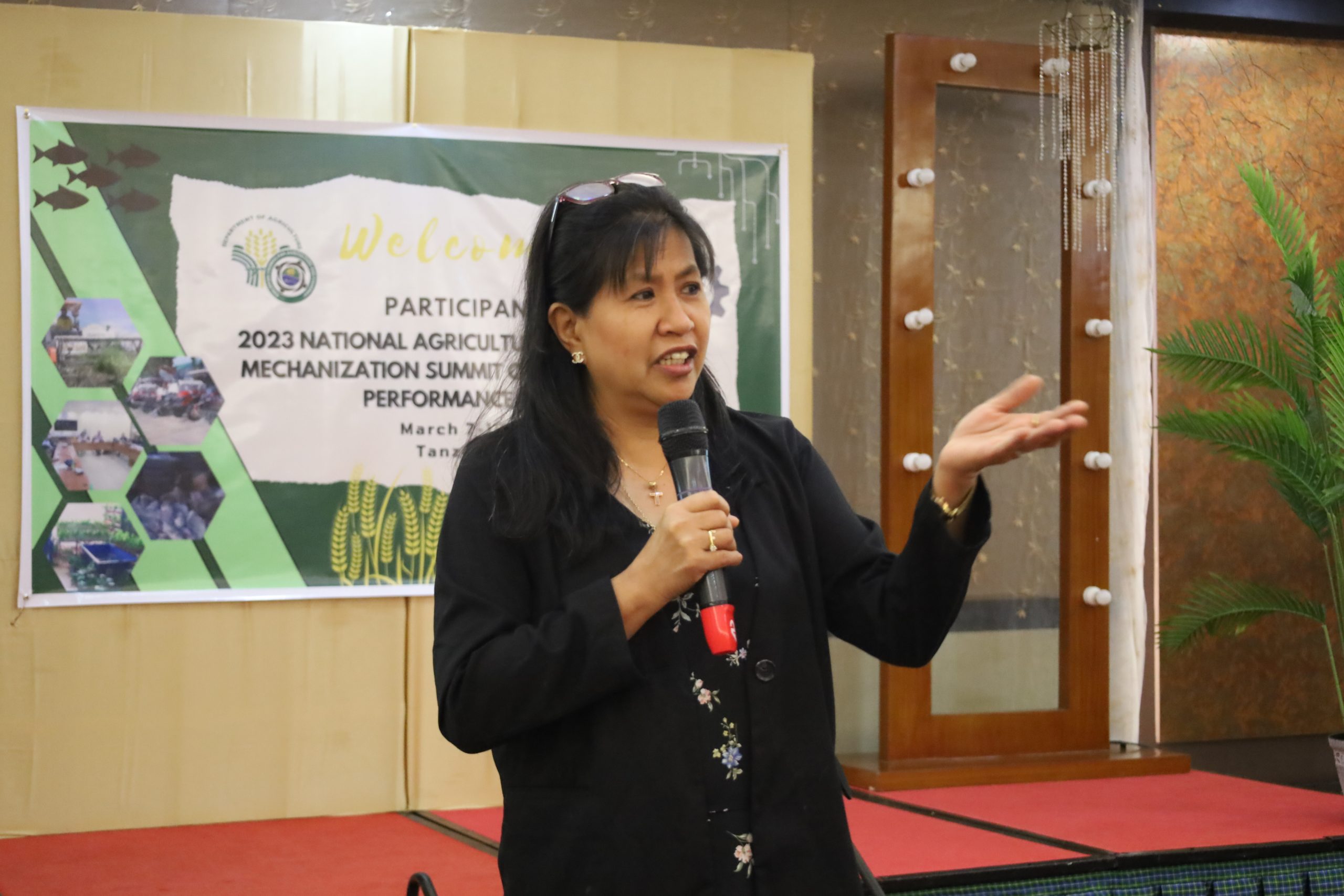
UPLB-College of Engineering and Agro-industrial Technology Dean Dr. Rossana Marie Amongo presented the recently started “Rapid Assessment of Republic Act No. 10601 Otherwise Known As the AFMech Law” Program, which was being funded by PCAF.
“Everything in life is dynamic so it is important for us to assess and adapt. This also goes for the AFMech Law, which was passed 10 years ago. It needs to be evaluated to be beneficial to the stakeholders”, she explained.
The Program, which will be implemented by UPLB, intends to review the components of the AFMech Law as implemented by the mandated national government agencies, local government units, and state universities and colleges/higher education institutions.
Among its expected outputs are the recommended interventions for the National AFMech Program and the possible amendments to the AFMech Law and its Implementing Rules and Regulations.
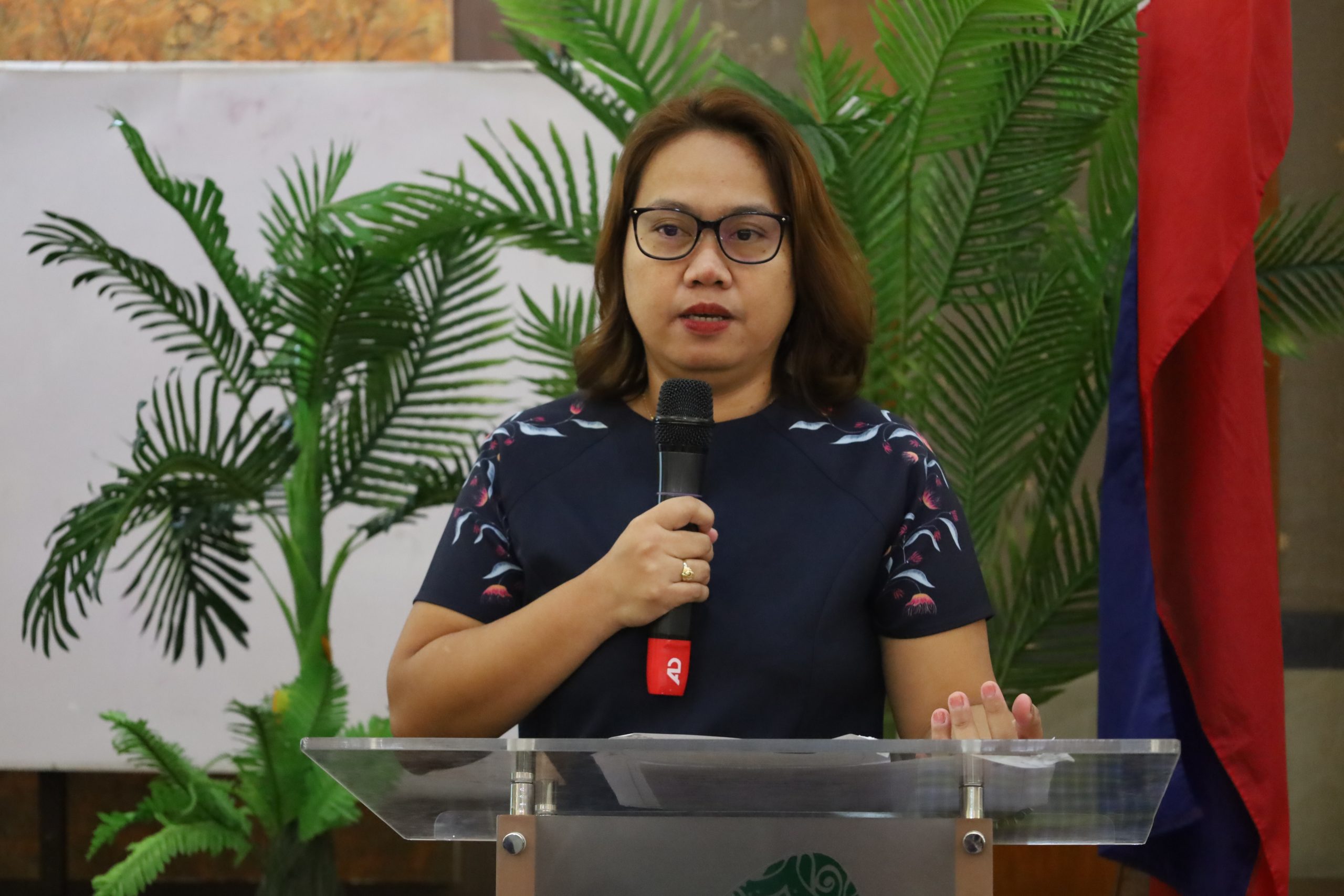
Engr. Janice Vargas of the Bureau of Agricultural and Fisheries Engineering (BAFE) also presented the proposed Philippine Agri-Fisheries Machinery Assembly and Manufacturing Roadmap.
“By 2026, we envision a 15% increase in locally manufactured agri-fishery machines with Pinoy Quality Seal and by 2031, we hope to increase it by 50%”, she stated.
Under the AFMech Law, BAFE is mandated to assist in the national planning, coordination and implementation of the national agri-fisheries mechanization programs. It shall also prepare and evaluate engineering plans, designs, and technical specifications on agri-fisheries mechanization and infrastructure projects as well as maintain a national database of all registered agri-fishery machinery.

In the spirit of National Women’s Month, Dr. Helen Martinez of the Philippine Center for Postharvest Development and Mechanization also discussed the mainstreaming of gender-related activities in the AFMech industry.
Other institutions that presented updates on their respective mandates and contributions under the AFMech Law were the: UPLB-Agricultural Machinery Testing and Evaluation Center, Philippine Rice Research Institute, and Agricultural Training Institute.
The Summit concluded with a total of sixteen (16) policy resolutions, all geared towards accelerating Philippine agri-fisheries mechanization.
More than 80 industry stakeholders and national and local government representatives convened for the Summit, which was held back-to-back with the National Agricultural and Fisheries Machinery Assemblers, Manufacturers, Importers, Distributors and Dealers Accreditation and Classification (NAMDAC) 2022 Performance Review.
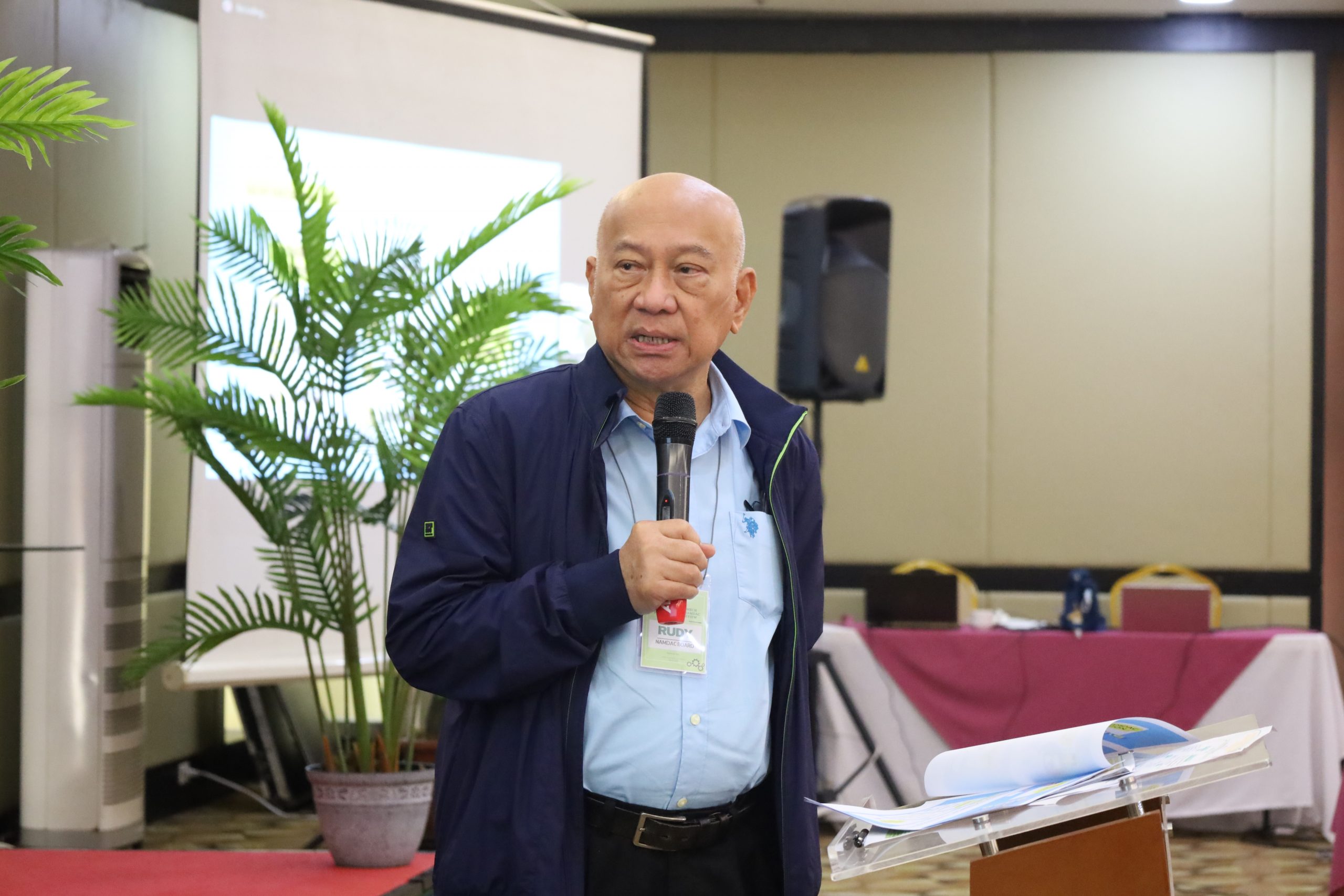
PCAF’s Committee on AFMech Chairperson Rodolfo Tamayo led the 2022 NAMDAC Performance Review with his presentation of the NAMDAC Board’s 2022 activities and accomplishments.
Tamayo proudly reported that the NAMDAC Board was able to accredit a total of 120 agriculture and fisheries machinery suppliers in 2022, enabling them to participate in the DA’s public bidding for agri-fishery machinery.
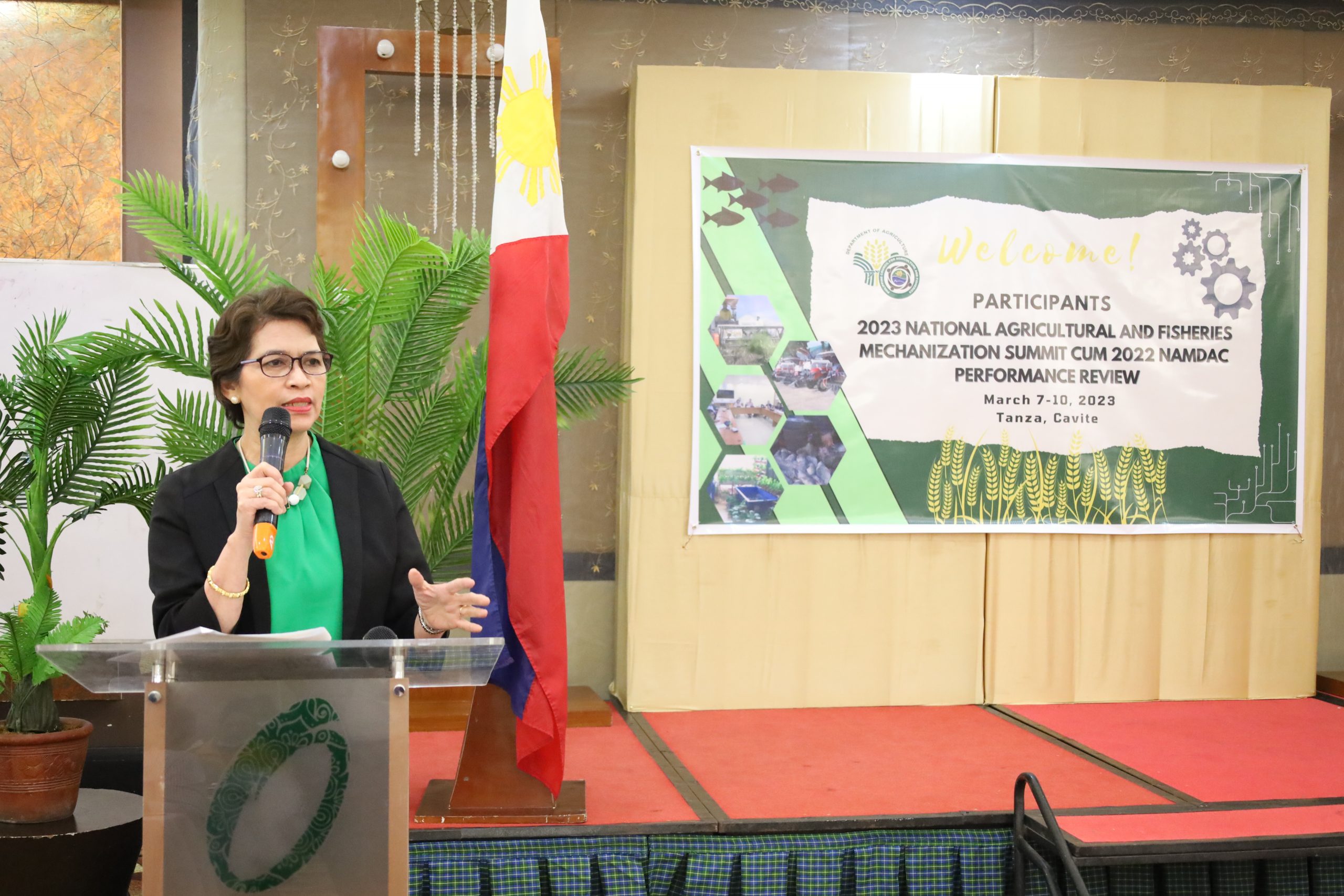
PCAF Deputy Executive Director Julieta Opulencia closed the two-day program by encouraging all participants to work on the ideas and recommendations they gathered in the combined activity.
“When we go back to our respective regions and offices, we need to know how we can act on these new ideas and recommendations. Pwede nating tanungin ang ating sarili: “Anong pwede nating gawin?” “What are the next steps that could drive progress?”, she said.
The 2023 National AFMech-cum-2022 NAMDAC Performance Review was part of PCAF’s efforts in facilitating private-sector participation in the overall development and transformation of the agri-fisheries sector. | JCL











